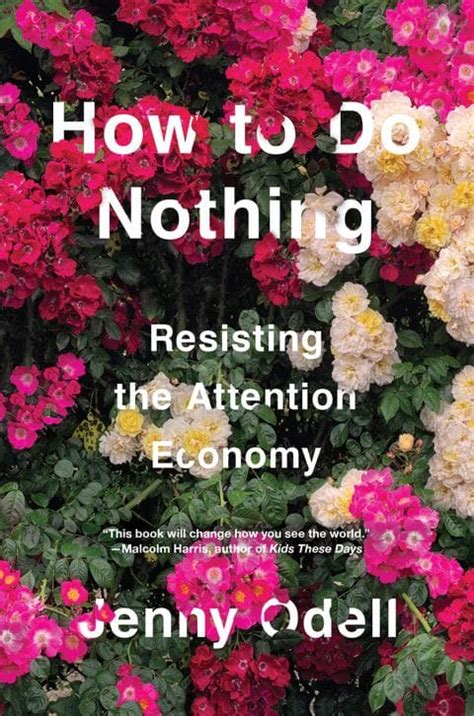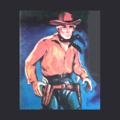bluestocking reviewed How to Do Nothing by Jenny Odell
Ehhh...
3 stars
This is really just okay. I got excited at first at the beginning when she mentioned being from the Bay Area and growing up in a similar environment to what I did (parents working in tech, growing up in strip mall suburbia in the South Bay), but overall I just wasn't impressed with the arguments made or the examples of how one should "resist the attention economy." It felt deeply individualistic--very "well just use your willpower to put your phone down and touch grass sometimes!" Reading this in 2025, with knowledge about things like dark patterns, the degree to which our behavior is constantly tracked (and, arguably, in some ways even predetermined by tech algorithms), the ways this information is being utilized to cause real harm and violence on a mass scale... it just didn't hit.
I did appreciate the degree of historical grounding re: things like the hippie communes …
This is really just okay. I got excited at first at the beginning when she mentioned being from the Bay Area and growing up in a similar environment to what I did (parents working in tech, growing up in strip mall suburbia in the South Bay), but overall I just wasn't impressed with the arguments made or the examples of how one should "resist the attention economy." It felt deeply individualistic--very "well just use your willpower to put your phone down and touch grass sometimes!" Reading this in 2025, with knowledge about things like dark patterns, the degree to which our behavior is constantly tracked (and, arguably, in some ways even predetermined by tech algorithms), the ways this information is being utilized to cause real harm and violence on a mass scale... it just didn't hit.
I did appreciate the degree of historical grounding re: things like the hippie communes of the 60s and 70s and how "dropping out" isn't really the option we might fantasize about. Still, the suggestions made throughout the book didn't smack of "resistance" to me. It just came off as a middle-class white woman from one of the most privileged places on earth (speaking as a middle-class white woman from just down the road) universalizing advice and experiences that are not particularly useful or applicable to anyone else. I'd skip this one.





